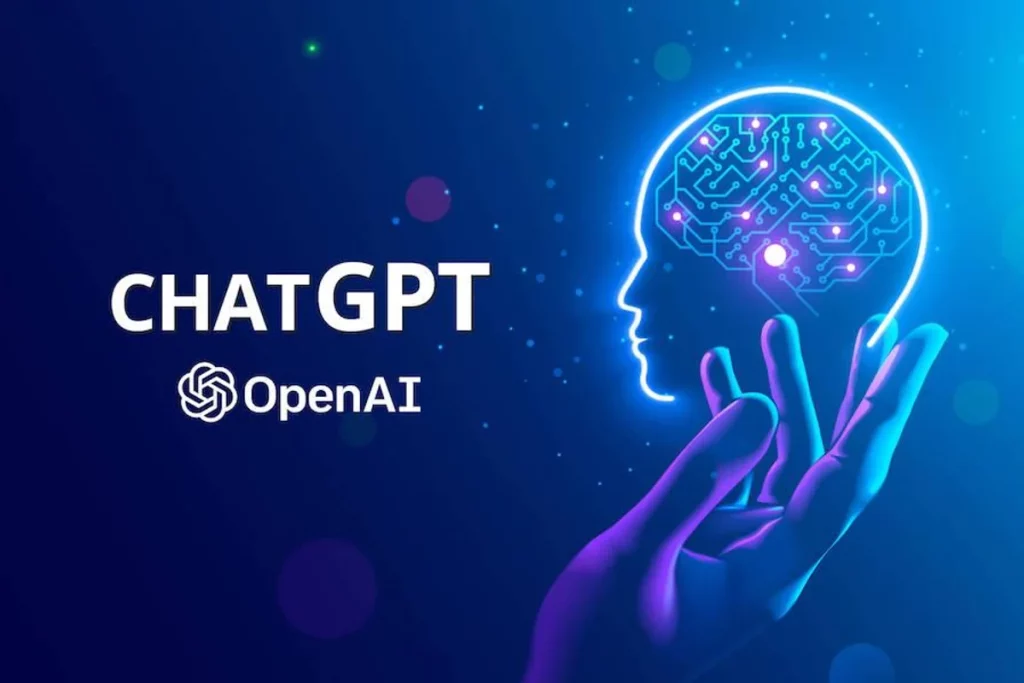OpenAI, the renowned artificial intelligence research laboratory that gave the world ChatGPT, has announced a significant update to its language model API. This update includes the introduction of the highly anticipated GPT-4 model and the gpt-3.5-turbo-16k, along with several new features and reduced costs for developers. Language models such as ChatGPT employ a context window that acts as a short-term memory, enabling them to retain input or dialogue content. Increasing the context window size has become a technological race among developers. OpenAI has also been working on a 32,000-token version of GPT-4, although it has yet to be released to the public. For now, the 16,000 token version would be available. This means developers can process approximately 20 pages of text at a time, allowing for more efficient modelling and text generation.
The price of the GPT-3.5 Turbo Model has been lowered by 25%
Alongside the gpt-3.5-turbo-16k, OpenAI has implemented several other notable features. One of these is the introduction of function call functionality in the Chat Completions API. This enhancement enables developers to build chatbots that can call external tools, convert natural language into API calls, or make database queries. It simplifies tasks such as sending emails or executing commands based on user input. OpenAI has also focused on enhancing control over their models. The new gpt-3.5-turbo-0613 includes improved controllability, allowing users to shape the behavior of the language model more reliably.

In addition to these functional improvements, OpenAI has significantly reduced costs for developers. The price of the gpt-3.5-turbo model has been lowered by 25%. This means that developers can now access this model for approximately $0.0015 per 1000 tokens, making it even more affordable and accessible. Furthermore, OpenAI has reduced the price of the “text-embedding-ada-002” model, a technique that enables computers to comprehend words and concepts, by a remarkable 75%. As part of this update, OpenAI will retire some earlier versions of its models starting from September 13. However, developers can continue to utilize these models until that date.
RELATED:
- OpenAI CEO Altman Advocates Global Cooperation to Mitigate Existential Risk Posed by AI
- Microsoft CEO Satya Nadella and Elon Musk Disagree on OpenAI Control
- Best Video Doorbells with a wide view for comprehensive coverage in 2023
(Via)







